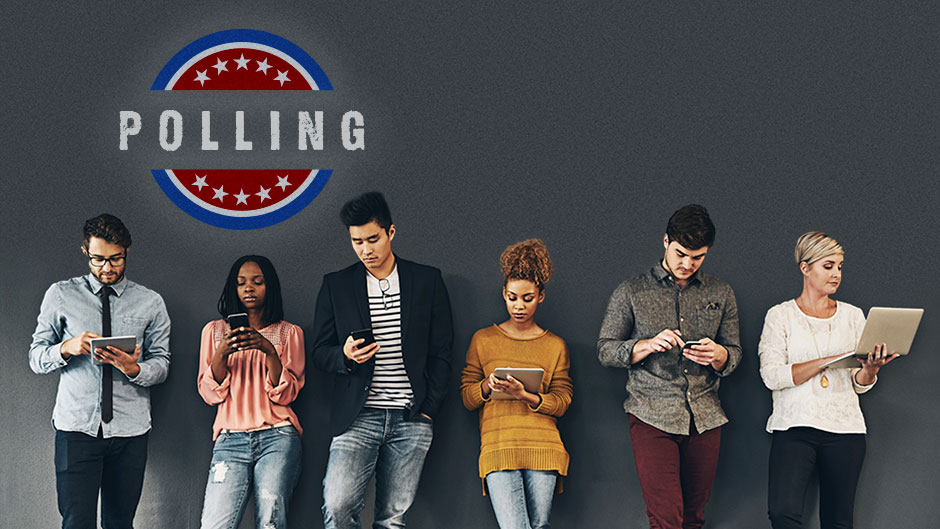Many Floridians woke up to a big surprise after Tuesday’s primary election.
Tallahassee Mayor Andrew Gillum, an African-American, won the Democratic gubernatorial nomination even though most polls favored U.S. Representative Gwen Graham.
The moment reminded many of another stunning failure by pollsters: during the 2016 presidential race, polls favored Hillary Clinton and instead the victory went to Donald J. Trump.
So how much attention should political polls get?
University of Miami Political Science Professor Casey Klofstad, who has created and analyzed polls, including exit polls, for years, said the answer is multifaceted.
THE NEW TECHNOLOGY
“The fact of the matter is that polling has become increasingly difficult over time,” he said. In earlier times, the majority of people had landlines, so pollsters would randomly generate residential phone numbers, and then select an individual to poll based on sex, age or gender.
“That is how we sampled,” he said. In the age of technology where everyone carries a phone in his or her pocket, finding a representative sample has become much more difficult, he added. People who do not own landlines tend to be younger, from racial and ethnic minority groups and lower income.
THE EXPENSE
Klofstad said that not enough reliable polling is being conducted close to each election, in large part because of the expense. “It is not an indictment of polling, per say,” he said. “It’s just that there are unique challenges and financial costs that come from doing quality polling.” Therefore, a lot of polling, especially for primary races, are “propaganda polls,” paid for by the candidates themselves.
Polls carried out by reputable houses is expensive and time consuming, said Klofstad, and that is why we see poll aggregates such as HuffPost/Pollster which looks at thousands of polls available and can spot general trends.
In primaries, however, there are often not enough polls conducted close to the election date and catching voters close to an election is important because many change their mind.
OTHER FACTORS
But there are other factors that could have favored Gillum in the primary. He may have galvanized several important voting groups such as the African-American, young voters and Democrats, said Klofstad. As a young African-American he could appeal to those demographics, he said.
Another influencing factor could be that it shows “a backlash by Democrats to the present administration.”
“Democrats may have said we want a more progressive, more representative candidate for the State of Florida,” Klofstad said.

